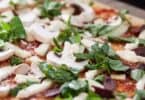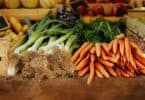Are you ready to embark on a culinary adventure? Look no further than this beginner’s guide to cooking, where Darlene, the expert behind Darlene’s Table, shares essential tips for success in the kitchen.
Get ready to build confidence and develop skills with simple recipes, master basic cooking techniques like sautéing and grilling, and enhance flavors with seasonings and spices.
With a focus on learning from mistakes and adding your personal touch, this guide will empower you to embrace your freedom and creativity in the kitchen.
So, let’s dive in and start cooking up something delicious!
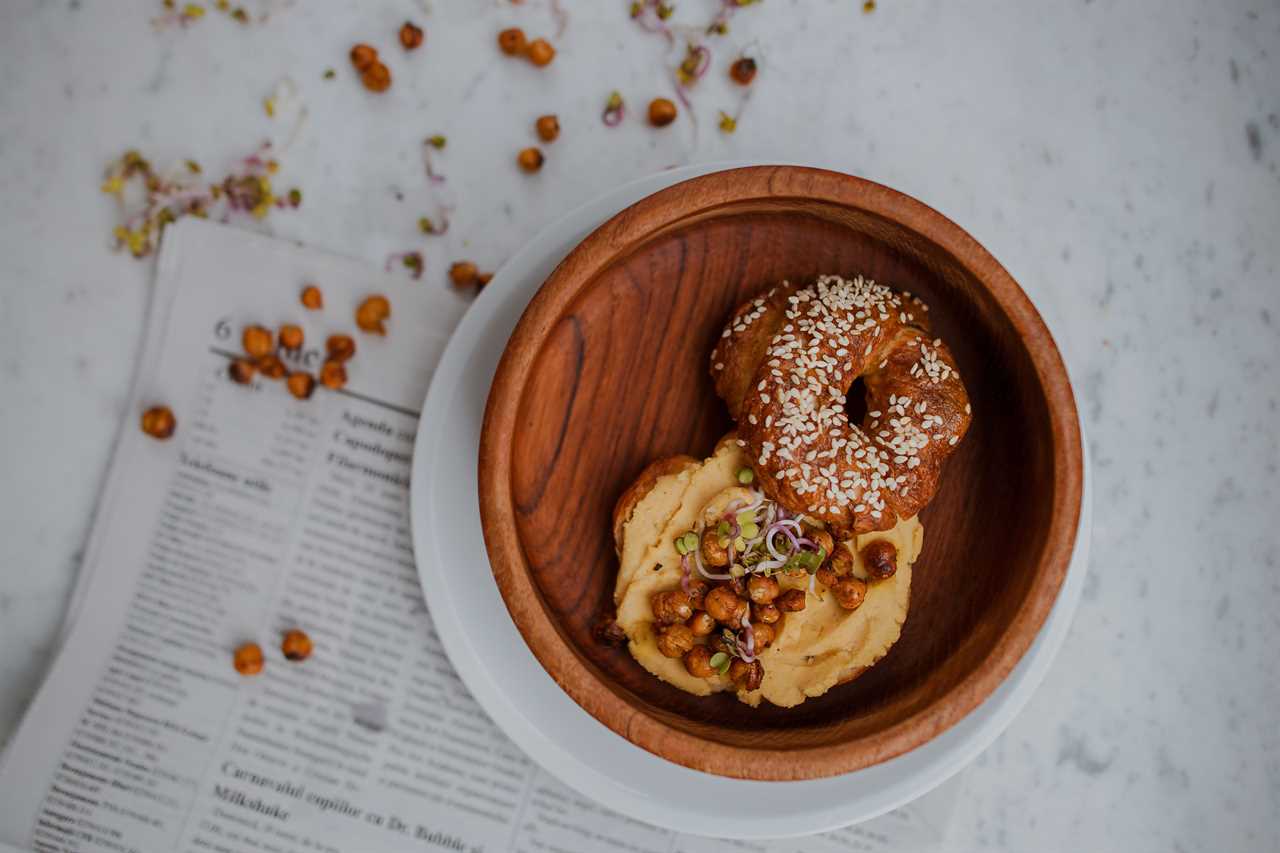
Key Takeaways
- Start with simple recipes and techniques to build confidence and develop essential cooking skills.
- Prep your ingredients beforehand using mise en place to stay organized and prevent last-minute scrambling.
- Invest in basic kitchen tools to make cooking easier and more enjoyable.
- Practice regularly and embrace the opportunity to be creative with your dishes.
Building Confidence in the Kitchen
Starting with simple recipes and techniques can help beginners build confidence in the kitchen. Overcoming kitchen fears and gaining culinary self-assurance is essential for anyone looking to explore the world of cooking.
By starting with recipes that have fewer ingredients and simpler techniques, beginners can feel more at ease and gradually build their skills. It’s important to read the recipe thoroughly before starting to ensure all necessary ingredients and equipment are ready.
Prepping ingredients beforehand using the technique called mise en place can also help beginners stay organized and prevent last-minute scrambling. Investing in basic kitchen tools and seasoning dishes with salt, pepper, herbs, and spices can elevate flavors and turn a simple dish into something delicious.
Mastering Basic Cooking Techniques
To expand their cooking repertoire, beginners can master basic cooking techniques like sautéing, boiling, roasting, and grilling. Mastering knife skills is also crucial in becoming a confident cook. By learning proper knife techniques, beginners can efficiently chop, slice, and dice ingredients, making the cooking process smoother and more enjoyable.
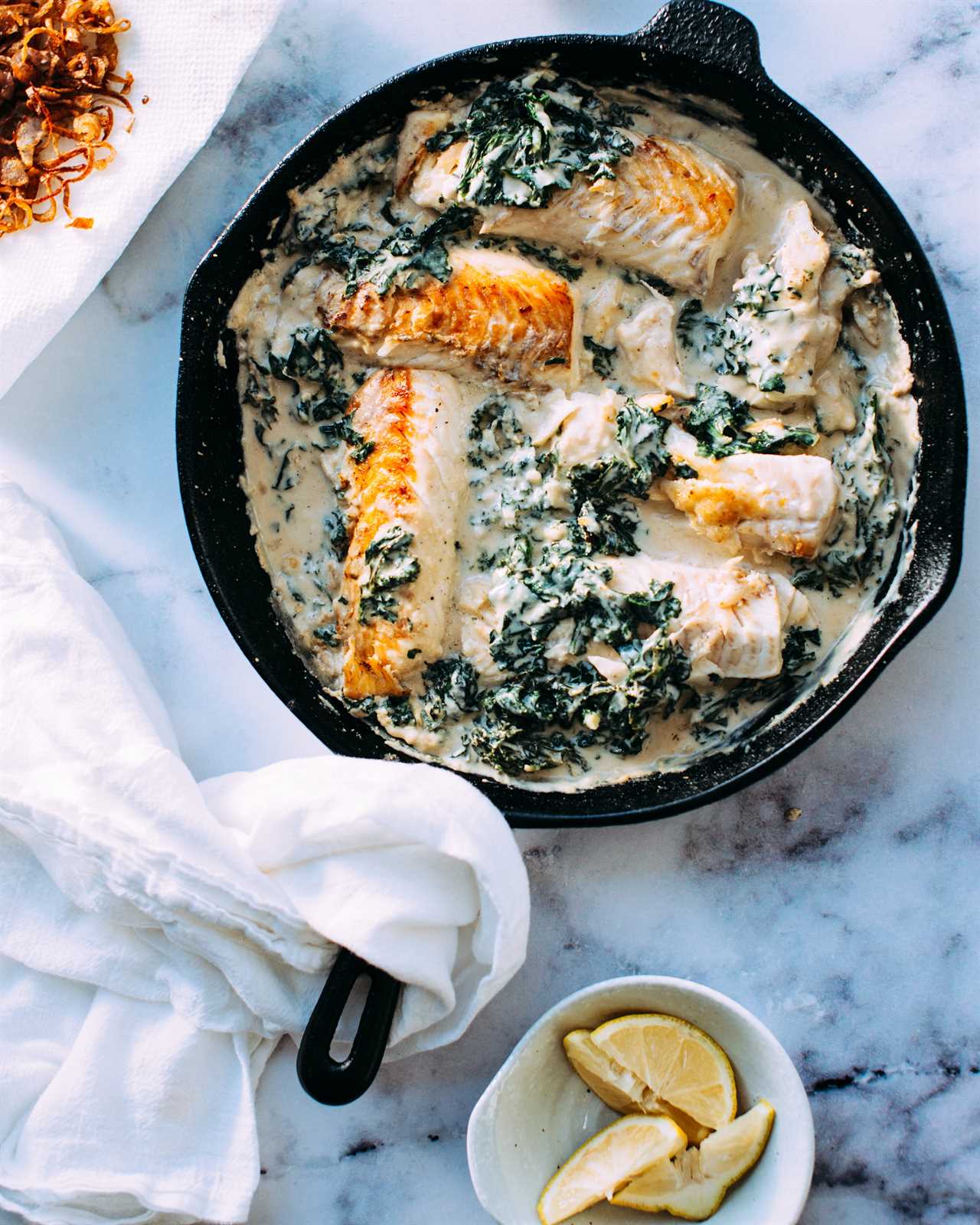
Exploring different cooking methods is another essential aspect of becoming a skilled cook. Each cooking method brings out unique flavors and textures in ingredients. Sautéing allows for quick cooking over high heat, perfect for stir-fries and sautéed vegetables. Boiling is ideal for cooking pasta, rice, and vegetables, while roasting brings out the natural sweetness and caramelization in meats and vegetables. Grilling adds a smoky flavor and char to meats, vegetables, and even fruits.
Enhancing Flavors With Seasonings and Spices
Darlene enhances the flavors of her dishes by seasoning them with a combination of salt, pepper, herbs, and spices. The art of seasoning is all about balancing flavors with herbs and spices, allowing the ingredients to shine and elevating the dish to new levels of deliciousness.
Here are three ways to explore international flavors and seasonings:
-
Experiment with different cuisines: Try incorporating spices and herbs commonly used in Mexican, Indian, or Thai cuisine to add a unique twist to your dishes.
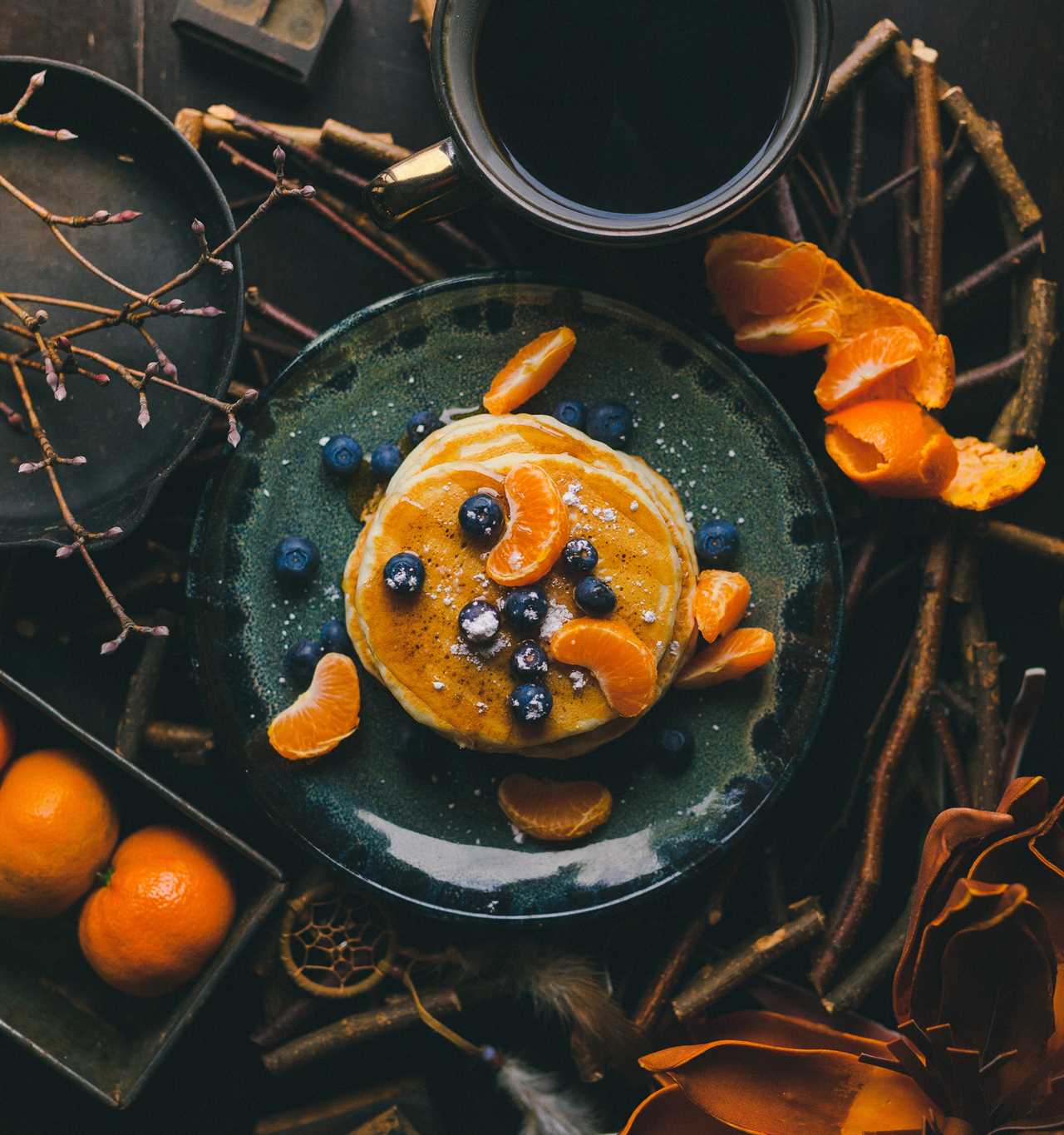
-
Create your own spice blends: Mix and match herbs and spices to create your own signature blend. This allows you to tailor the flavors to your preferences and gives you the freedom to be creative in the kitchen.
-
Don’t be afraid to go bold: Explore bold flavors like smoked paprika, cumin, or turmeric to add depth and complexity to your dishes. These spices can transform a simple meal into a culinary delight.
Learning From Mistakes: Turning Setbacks Into Success
Learning from mistakes is a valuable skill that can ultimately lead to success in the kitchen. Overcoming cooking failures and embracing the learning process is crucial for growth and improvement.
In the kitchen, mistakes can happen to even the most experienced cooks. However, rather than being discouraged by setbacks, it’s important to view them as learning experiences. By analyzing what went wrong, identifying the mistakes, and understanding how to rectify them, aspiring chefs can develop their skills and become more confident in the kitchen.
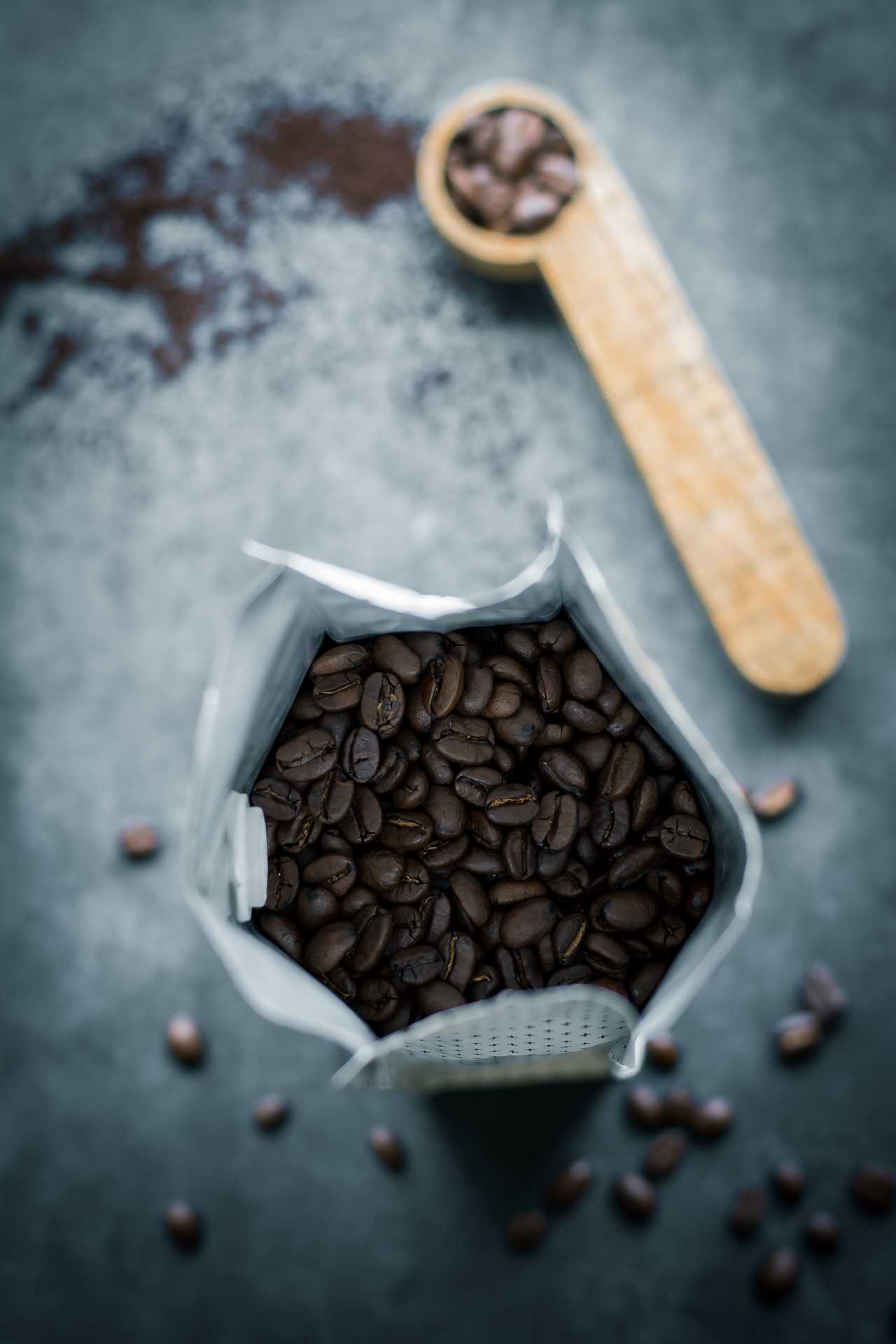
Embracing the learning process means being open to trying new techniques, experimenting with flavors, and continuously seeking improvement. Through perseverance and a willingness to learn from mistakes, individuals can transform setbacks into opportunities for growth and ultimately achieve success in their culinary endeavors.
Adding Your Personal Touch: Experimenting With Flavors and Ingredients
Experimenting with flavors and ingredients allows cooks to add their personal touch to recipes, creating unique and delicious dishes. Here are three ways in which cooks can customize their recipes and make them their own:
-
Creative combinations: By exploring unique flavor pairings, cooks can create unexpected and delightful taste experiences. For example, combining sweet and savory ingredients like chocolate and bacon can result in a surprising and delicious flavor combination.
-
Customizing recipes: Making dishes your own is all about adapting recipes to your preferences and dietary restrictions. You can substitute ingredients, adjust spice levels, or even add your own twist to traditional recipes. This way, you can create dishes that truly reflect your taste and style.

-
Bold experimentation: Don’t be afraid to step out of your comfort zone and try new ingredients or techniques. This is where the freedom of cooking lies. Whether it’s using exotic spices or experimenting with different cooking methods, bold experimentation can lead to exciting culinary discoveries.
Continuous Improvement: The Importance of Regular Practice
Regular practice is crucial for cooks to continuously improve their culinary skills. Consistency is key in the kitchen, and by practicing regularly, cooks develop muscle memory and become more efficient in their techniques.
Additionally, learning from experienced cooks is invaluable. They have the knowledge and expertise to teach new skills and offer tips and tricks that can elevate a dish from good to great. By observing and working alongside experienced cooks, beginners can gain insight into proper techniques, flavor combinations, and presentation.
This exposure to different cooking styles and perspectives allows for growth and development in the culinary world. So, aspiring cooks should make it a priority to practice regularly and seek opportunities to learn from those who have mastered the art of cooking.
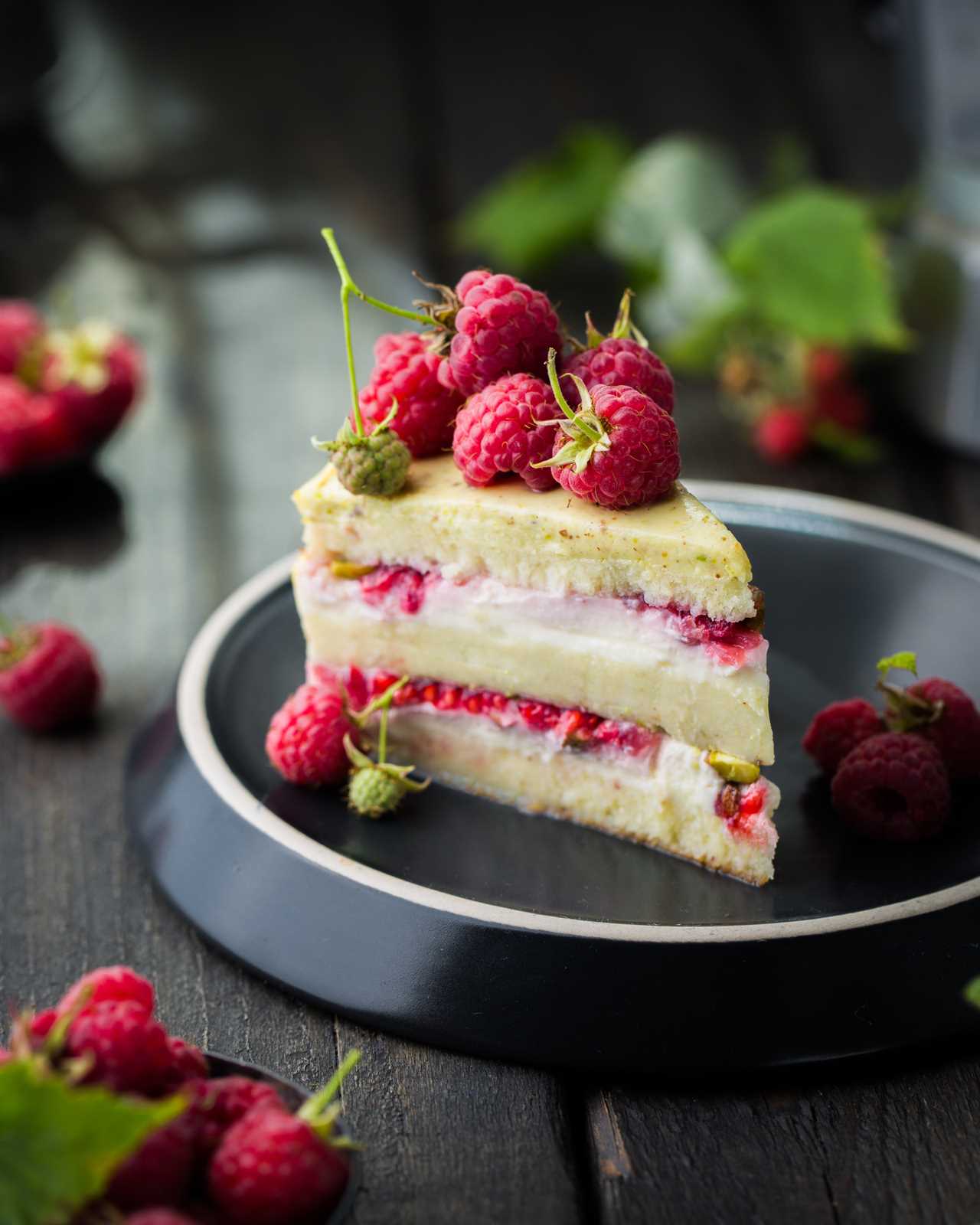
Going Beyond: Exploring Cooking Classes and Online Resources
Seeking out cooking classes and utilizing online resources can provide aspiring cooks with valuable knowledge and inspiration to enhance their culinary skills. Here are three ways to explore culinary schools and find cooking inspiration online:
-
Research Culinary Schools: Look for local culinary schools or programs that offer classes tailored to your skill level and interests. Taking classes can provide hands-on experience, expert guidance, and a supportive learning environment.
-
Online Recipe Platforms: Explore popular recipe websites and platforms like Food Network, Allrecipes, and Bon Appétit. These platforms offer a vast collection of recipes, cooking tips, and videos from renowned chefs. You can find inspiration, learn new techniques, and discover creative recipe ideas to try in your own kitchen.
-
Social Media and Cooking Blogs: Follow cooking influencers, chefs, and food bloggers on social media platforms like Instagram and YouTube. They often share their recipes, cooking techniques, and behind-the-scenes insights. Engaging with these online communities can provide a constant source of inspiration and a chance to connect with fellow cooking enthusiasts.

Whether you choose to attend cooking classes or explore online resources, the world of culinary education and inspiration is just a click away. Happy cooking!
Frequently Asked Questions
How Do I Choose the Right Cooking Classes for Beginners?
Choosing cooking classes can be a daunting task for beginners. It’s important to find the right instructor who can guide you on your culinary journey. Look for instructors who have experience and expertise in the type of cuisine or cooking technique you’re interested in. Consider factors such as class size, location, and cost when making your decision.
Reading reviews and asking for recommendations from friends or local culinary schools can also help you narrow down your options. Remember, finding the right cooking classes can greatly enhance your learning experience and set you on the path to becoming a confident cook.
What Are Some Common Mistakes That Beginners Make in the Kitchen?
Common mistakes in the kitchen can be easily avoided with a little knowledge and preparation. Beginners often struggle with overcooking their food, so it’s important to monitor cooking times and temperatures.
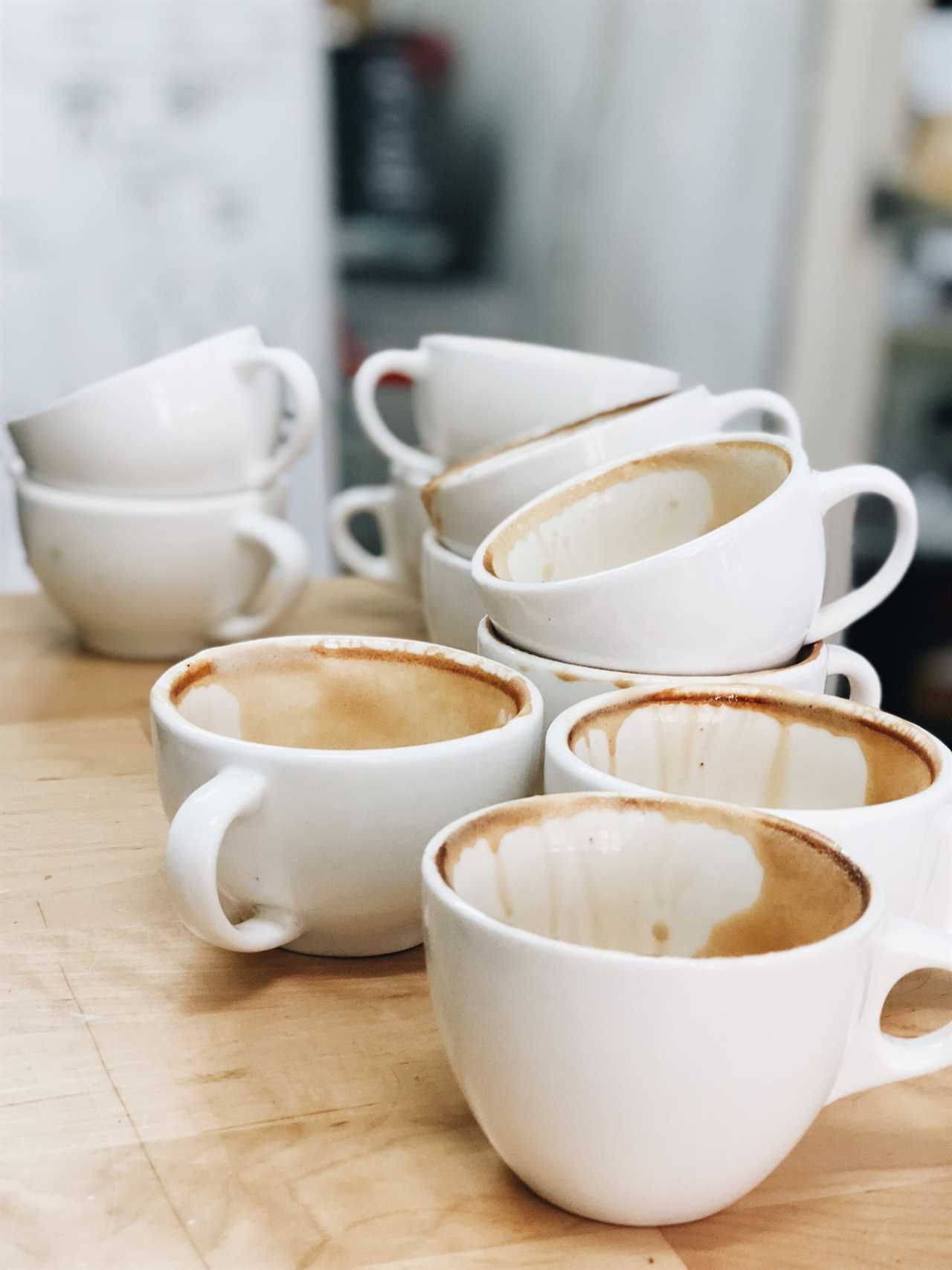
Another mistake is not properly seasoning dishes, resulting in bland flavors. To avoid this, taste and adjust seasoning as you go.
Lastly, beginners sometimes forget to read recipes thoroughly, leading to missing ingredients or steps. Take the time to read and understand the recipe before you start cooking to prevent any mishaps.
How Can I Determine the Reliability of Online Recipes Before Trying Them?
Determining the reliability of online recipes before trying them is crucial for successful cooking. Evaluating online recipe sources can help ensure that the recipes you find are accurate and trustworthy.
Look for reputable websites and blogs that have reliable reviews and a good track record. Check the credentials of the recipe creator and read user comments and ratings.

It’s also helpful to cross-reference multiple sources to compare instructions and ingredients. Taking these steps will help you find reliable recipes and have confidence in your cooking endeavors.
Are There Any Specific Kitchen Tools or Equipment That Are Essential for Beginner Cooks?
Kitchen tools and equipment are essential for beginner cooks to have a successful cooking experience. Investing in basic tools like a chef’s knife, cutting board, measuring cups and spoons, pots, and pans can make cooking easier and more enjoyable.
Additionally, taking cooking classes can teach beginners new techniques and expand their knowledge. Mistakes happen, but they can be valuable learning experiences.
Lastly, verifying the reliability of online recipes and experimenting with flavors and ingredients are important for developing recipes and adding a personal touch to dishes.
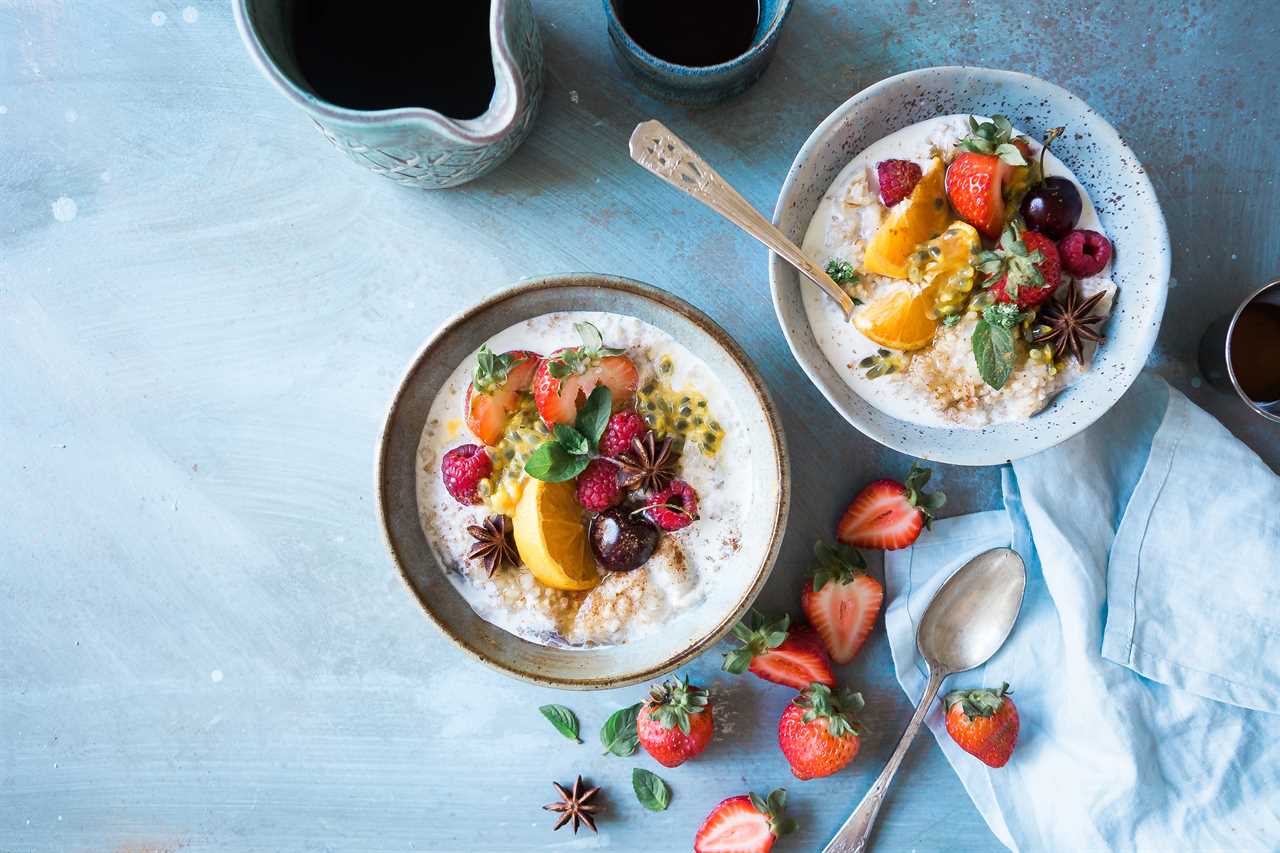
How Can I Develop My Own Recipes and Experiment With Flavors and Ingredients?
To develop their own recipes and experiment with flavors and ingredients, beginners can start by understanding the basic principles of flavor profiles. This involves learning about complementary and contrasting flavors and how they can be combined to create unique dishes.
By experimenting with different ingredients, spices, and cooking techniques, beginners can gradually develop their own signature dishes. It’s important to keep an open mind, embrace creativity, and be willing to take risks in the kitchen.
The key is to have fun and enjoy the process of creating something delicious and unique.




